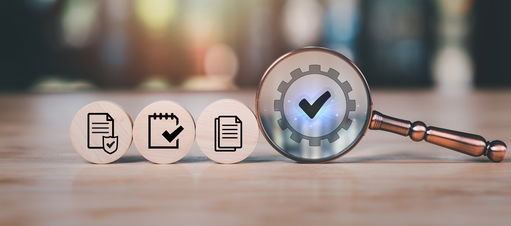The National Disability Insurance Scheme (NDIS) is a term many people are familiar with, particularly if you are a carer of, or a person with, a disability. However, it appears there is still confusion about what it is and how it operates. This article is designed clear up some of the misunderstanding that still exists.
What is NDIS?
NDIS is an independent agency and has been in operation since 2016. It has been rolled out in stages across Australia and in Queensland in particular since June 2016 and should be complete in June 2019. The NDIS is the new way of delivering support to people with a disability empowering them in ways that they have not had before.
What was it like before NDIS?
Prior to the introduction of the NDIS, people with a disability were supported under a National Disability Agreement (NDA). At that time:
- The services were based on how or when a person acquired their disability
- The Federal Government was responsible for helping individuals into employment
- They provided funds to state and territories who were required to deliver the day to day requirements of individuals
- The states and territories were paying up to 71% of the costs
- Funding was reliant on how much was left in the bucket when
government was budgeting for the immediate future and therefore subject to changes and cuts - The funding went directly to agencies who then provided the services
As a result, it was found the system was:
- Inequitable
- Inefficient
- Fragmented
- Individuals had little choice or certainty of accessing appropriate support
A new system was needed. NDIS was the result.
What is different?
- NDIS provides individualised packages of support
- It provides lifetime support and invests in people early in their lives to improve their outcomes
- The funding goes to the individual and NOT a service provider. Individuals can choose their own provider and move if they are not happy with their choice
- Providers, such as Care to Change, must be registered with the NDIS
- It is market driven, meaning that there will be more competition and choices available for individuals
How does this help?
The NDIS recognises that people with a disability are like everyone else living in a community. They have rights, goals and aspirations. Funding is therefore provided to individuals so they can be actively involved in the planning and delivery of the supports they receive.
The objective of the planning process is to provide individuals with the opportunity to express how they want to live their lives. They will have access to reasonable and necessary supports in order to develop independence, including social and economic participation. It also assists in providing help to:
- Access to health, housing and educational services
- Access community services such as sports clubs and libraries
- Maintain informal supports such as family and friends.
What about children?
Parents with children who have developmental delays or disability can access NDIS for early intervention support. Families benefit from early intervention by being able to better meet their children’s needs from an early age and throughout their lives.
What does it all mean?
People with a disability are as diverse as everyone else. The old system did not recognise this. Individuals had almost no say in the support they were given and funding was subject to the vagaries of the economy. The NDIS was established to provide fairer and more equitable support to people with a disability, giving them a voice in how they live their lives, and the ability to pursue their goals and aspirations. For many, this is the first step in becoming independent relying less on others to care for them.
How to I become a part of NDIS?
Here are the criteria for receiving help from the NDIS.
- You must have a permanent disability that significantly affects your ability to take part in everyday activities;
- You must be over 7 and under 65 years old;
- You must be an Australian citizen or hold a permanent visa or hold a Special Protected Category visa.
For more information, go to https://www.ndis.gov.au/applying-access-ndis/am-i-eligible
If you are looking for a provider who can give a loved one the care and opportunities they deserve, go to Care to Change and speak to the staff about what they can do for you.
References:
NDIS Rollout in Queensland
Queensland Government
The National Disability Scheme: a quick guide.
https://www.aph.gov.au/About_Parliament/Parliamentary_Departments/Parliamentary_Library/pubs/rp/rp1617/Quick_Guides/DisabilityInsuranceScheme


